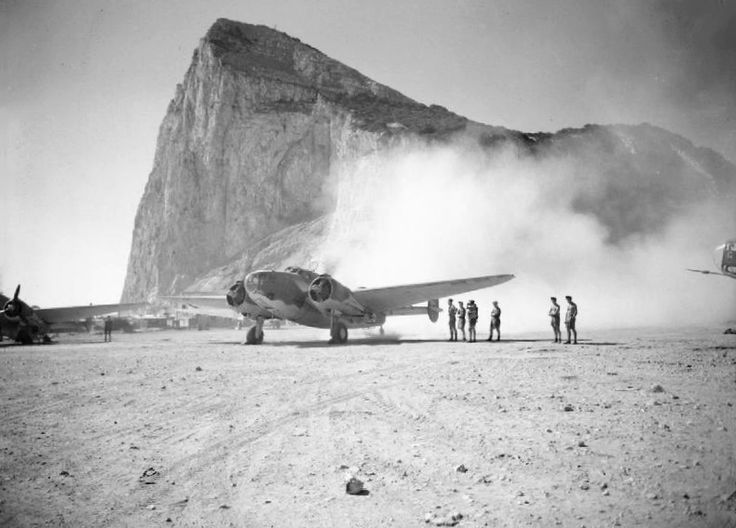Andrew Biswell on A Vision of Battlements
-
Andrew Biswell
- 16th May 2018
-
category
- Publications

John Anthony Burgess Wilson was a genius when it came to inventing himself. Born into a working-class family in Manchester, he educated himself by reading widely, taught himself how to compose music, and got himself into university. He served in the British Army during the Second World War, and afterwards became a school teacher in England. In 1954 he took a job as an education officer in colonial Malaya, and it was there that he became a published writer. Partly through necessity, Burgess invented himself throughout his life. He was rather like an actor: his most successful role was that of the Great Writer, who travelled the world, smoked cigars and owned houses all over Europe. But I think there was a more sensitive person beneath the public facade, and we can catch a glimpse of this other Anthony Burgess in his first novel.
In total he wrote 33 novels and another 25 non-fiction books. Much of his writing fell out of print after his death in 1993, partly because Burgess himself was no longer around to promote it. He has been rediscovered over the past ten years, especially by younger readers who are attracted by the range and vitality of his creative work. He has a large following all over the world — especially in places such as Brazil, South America, Turkey, Russia and China. His reputation has never been higher than it is today, and he’s rightly remembered as one of the great 20th-century writers. He’s a truly international figure, not simply a British writer.
A Vision of Battlements is the first novel that Burgess completed, although it was not published for more than a decade after he’d written it. It’s a broadly comic novel which contains vivid memories of his life on Gibraltar during the Second World War. It’s a forgotten masterpiece of war writing.
As the novel has been out of print for more than 50 years, it is totally unknown to most people. New readers may be surprised to discover than Burgess wrote such a joyful novel at the beginning of his literary career. Due to the distorting effect of A Clockwork Orange, his reputation is that of a dark dystopia-maker.
This first novel takes its structure from Virgil’s epic poem, The Aeneid. It’s a 20th-century updating of an ancient story about a man who survives the Trojan war and goes on to build a new civilisation in Rome. In his use of myth, Burgess was heavily influenced by James Joyce, who had based his novel Ulysses on Homer’s Odyssey. One way to understand A Vision of Battlements is as a tribute to Joyce, written by a disciple who’d studied the work of his master very carefully.
The hero of the novel is Richard Ennis. He’s a reluctant soldier and a thwarted musician, much like Burgess himself. He hates the Army, but he hates Fascism even more. He is a man capable of great passion who is the victim of large historical forces. The war and the Army separated Burgess from his first wife for nearly six years, and his sense of frustration comes through very clearly in this novel. The book contains episodes which are drawn directly from Burgess’s wartime experiences in Gibraltar and La Línea.
Burgess was posted to Gibraltar as a member of the Army Educational Corps in December 1943. He taught literacy and civics to the troops, and later he taught drama and modern languages to the returning civilian population, who’d been evacuated during the war. He worked a film critic for the Gibraltar Chronicle in 1946, publishing his reviews under the initials J.B.W. In the 1960s he made a number of return visits to Gibraltar and wrote articles about how it had changed: these essays are reprinted in the new edition of A Vision of Battlements. He wrote the novel because he wanted to set down one man’s experience of the Second World War. He said that he needed to exorcise the ghost of the war by translating it into fiction.
In later life — and in his autobiography — Burgess looked back fondly on his Gibraltar days, and said he was proud to have played a minor part in the history of the Rock. He evidently enjoyed his return visits as a civilian more than his time as a soldier.
The Irwell Edition of Burgess’s novels and non-fiction, published by Manchester University Press, aims to bring lost and forgotten work to the attention of new readers. A Vision of Battlements was published alongside The Pianoplayers, his novel about the music halls of the North West of England.
The wider aim of the Irwell Edition is to change the conversation about Anthony Burgess. We want people to know that his work extends much further than A Clockwork Orange.
A Vision of Battlements by Anthony Burgess (edited by Andrew Biswell) is out now.
For more information click here.


